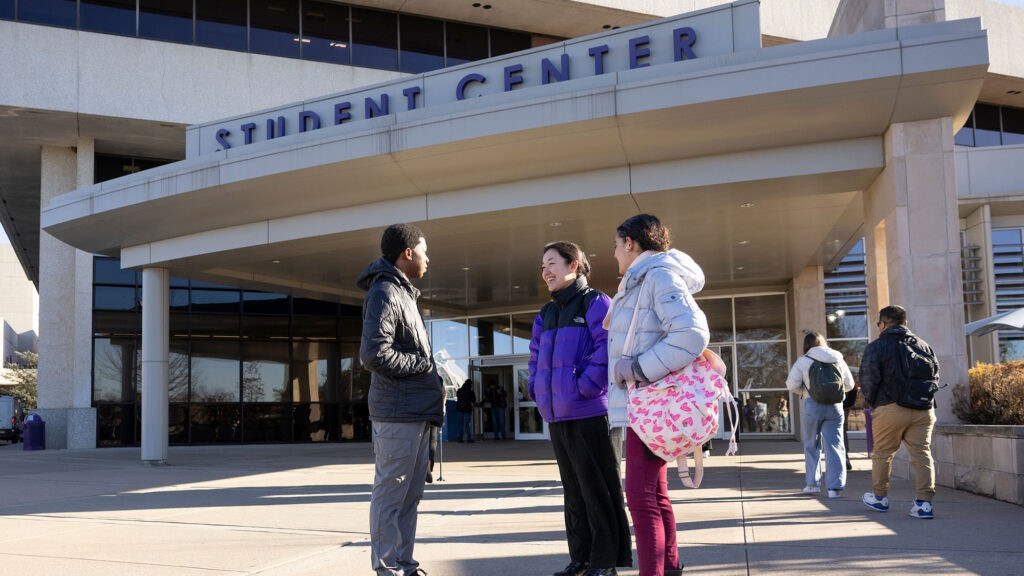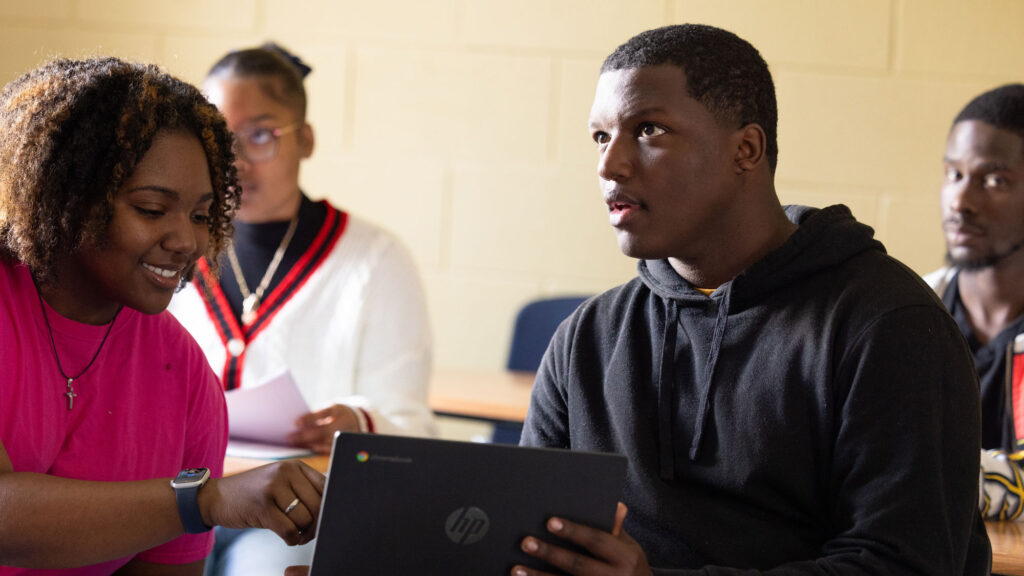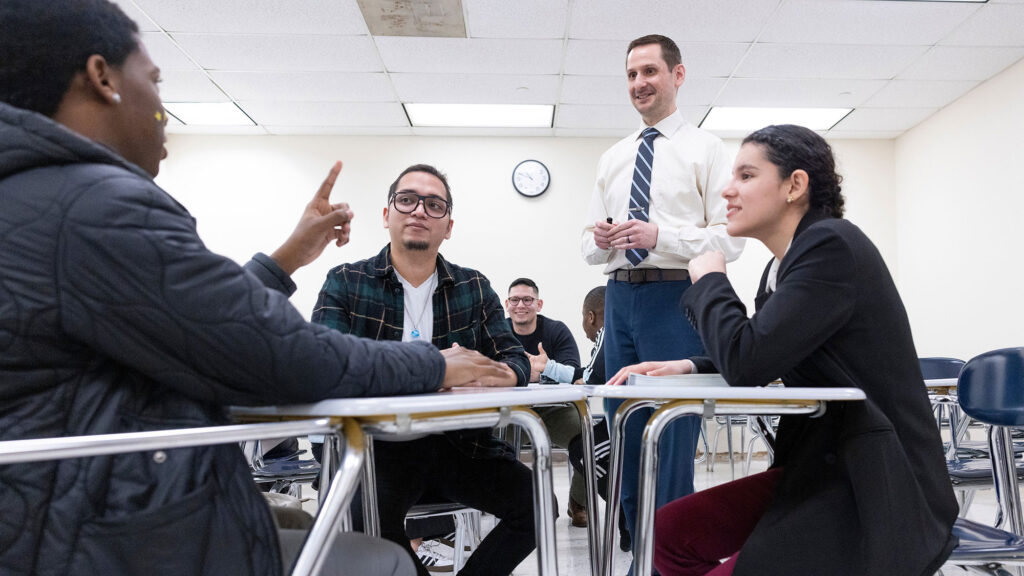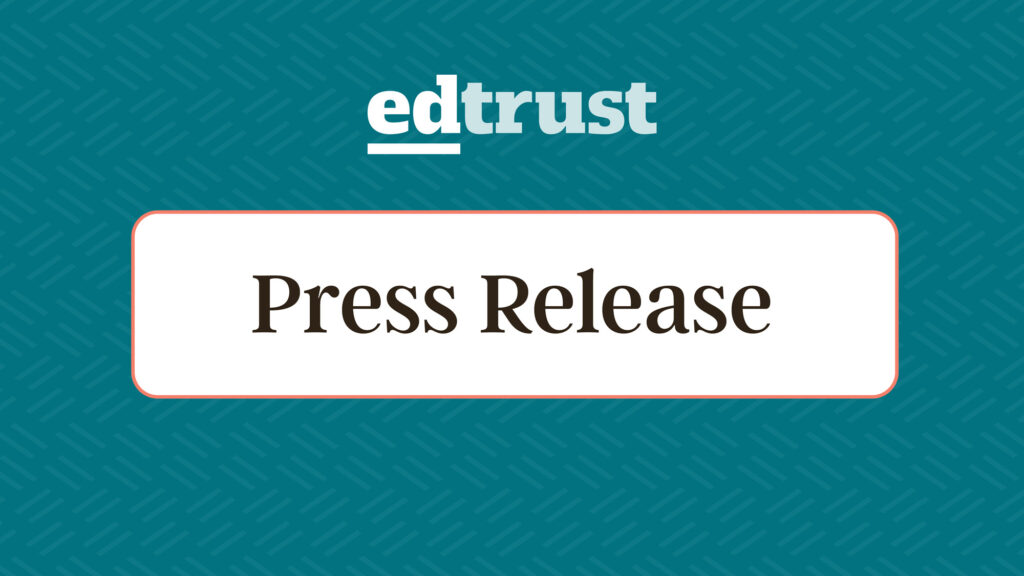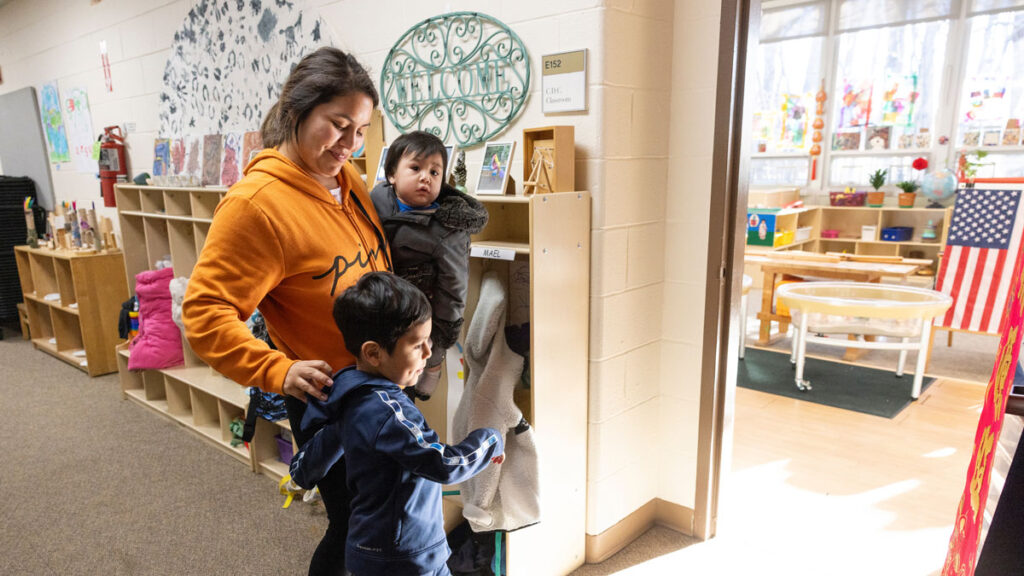You Are Not Failing: Navigating Student Loan Debt, Mental Health, and Wage Garnishment
Student loan debt isn’t just a financial issue; it affects mental health, workforce, and generational equity. Here’s what you need to know about wage garnishment
Consensus Reached, Questions Remain: The Workforce Pell Rulemaking Recap
US Department of Education has concluded the first week of negotiated rulemaking to implement the new Workforce Pell Grant program
How the Elimination of Grad PLUS Loans and Classification of Professional Degrees Harm Women and Students of Color
OBBBA’s new regulations impose a lifetime limit on all federal student loans, including undergraduate. This means many students may reach their borrowing limit before completing their degree
Who Receives TRIO Funding? A National Snapshot of Federal TRIO Funding at Colleges and Universities
An overview of which colleges receive TRIO grants, the amounts of those awards, and how the funds are distributed
Raising the Cost of Borrowing, Reducing Access: How the One Big Beautiful Bill Reshapes Financial Aid and Repayment
The One Big Beautiful Bill Act (OBBBA) cuts key federal financial aid programs for undergraduate and graduate students and consumer protections for student loan repayment
An Overview of State Financial Aid in Illinois, Indiana, and Minnesota
As federal financial aid shrinks, college access and affordability will hinge on how states distribute student aid and set eligibility requirements. A new EdTrust report examines state financial aid programs in three Midwestern states.
New Federal Higher Education Overhaul Needs Improvements to Truly Hold Low-Value Programs Accountable
EdTrust releases policy brief on strengthening higher education accountability framework
Making the New Higher Education Accountability Framework Pay Off
Without stronger accountability, students from low- and middle-income backgrounds risk being burdened by debt with little chance of advancing up the economic ladder
The Consequences of Pell Grant Cuts on Student-Parents and Justice-Impacted Students
For millions of low-income and first-generation college students, the Pell Grant is more than financial aid; it is a lifeline


